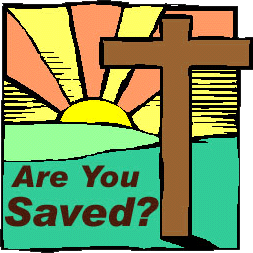 Reading the synoptic gospels (Matthew, Mark, and Luke), you get the impression that Jesus' reputation as a healer was what really drew in the crowds. You can see that in today's gospel. When Jesus shows up - fresh from walking on the water - people immediately recognize him. "And wherever he went, into villages or cities or farms, they laid the sick in the market-places, and begged him that they might touch even the fringe of his cloak; and all who touched it were healed."
Reading the synoptic gospels (Matthew, Mark, and Luke), you get the impression that Jesus' reputation as a healer was what really drew in the crowds. You can see that in today's gospel. When Jesus shows up - fresh from walking on the water - people immediately recognize him. "And wherever he went, into villages or cities or farms, they laid the sick in the market-places, and begged him that they might touch even the fringe of his cloak; and all who touched it were healed."It's a dramatic picture of folks clamoring just to get near Jesus, wanting nothing more than to touch him in hopes of being healed. Yet though Jesus makes his initial splash with these rather indiscriminate healings, we Christians seem to be know mostly for what we believe. And we fight mostly about what to believe. Some Christians are even sure that some other Christians aren't "saved" because they haven't gotten the formula quite right.
Yet in our gospel reading, folks who do nothing more than touch the fringe of Jesus' cloak are "saved." The term "saved" has taken on all sorts of religious meaning in the Church. But the Greek word that gets translated "saved" is the same word used to speak of those sick folks who touched Jesus and "were healed." In some gospel accounts where Jesus heals people he tells them, "Your faith has healed you," or "has made you well." Although in my copy of Luke Jesus tells a blind man whose sight he has just restored, "Your faith has saved you." But these distinctions are only in the English translation. In the original Greek, it's all the same word.
It seems that Jesus was a lot freer with his healing, with his salvation, that we in the Church sometimes want to be. Don't get me wrong. Jesus does call us to live and act in certain ways, to believe certain things. But he still runs around healing/saving folks at the drop of a hat. What's up with that?
Click here to learn more about the Daily Lectionary.
No comments:
Post a Comment